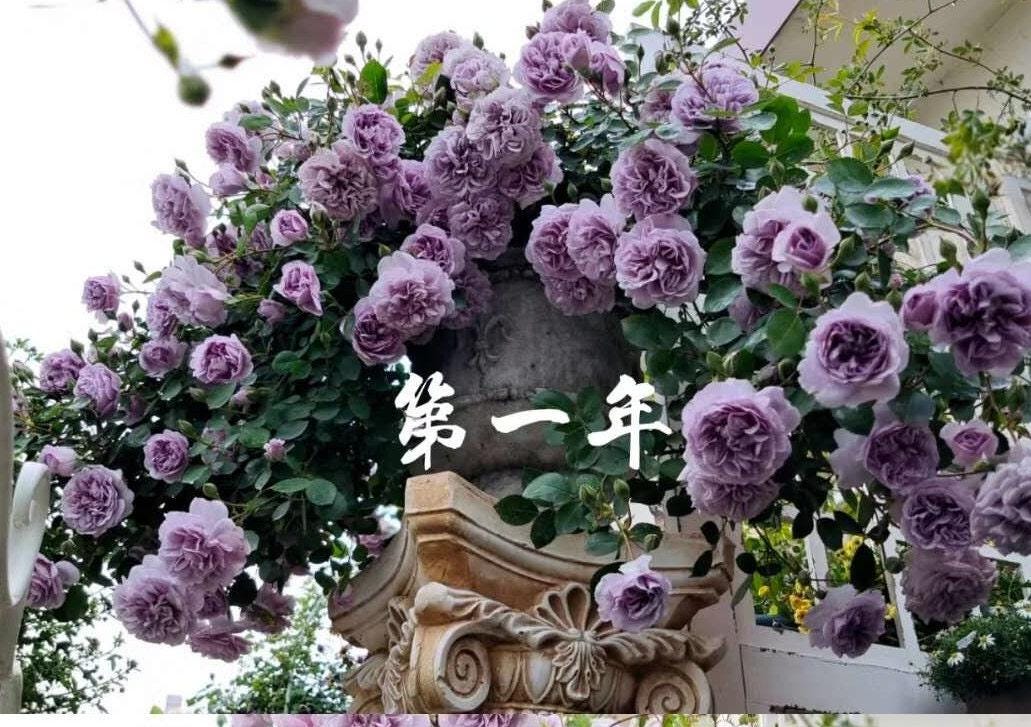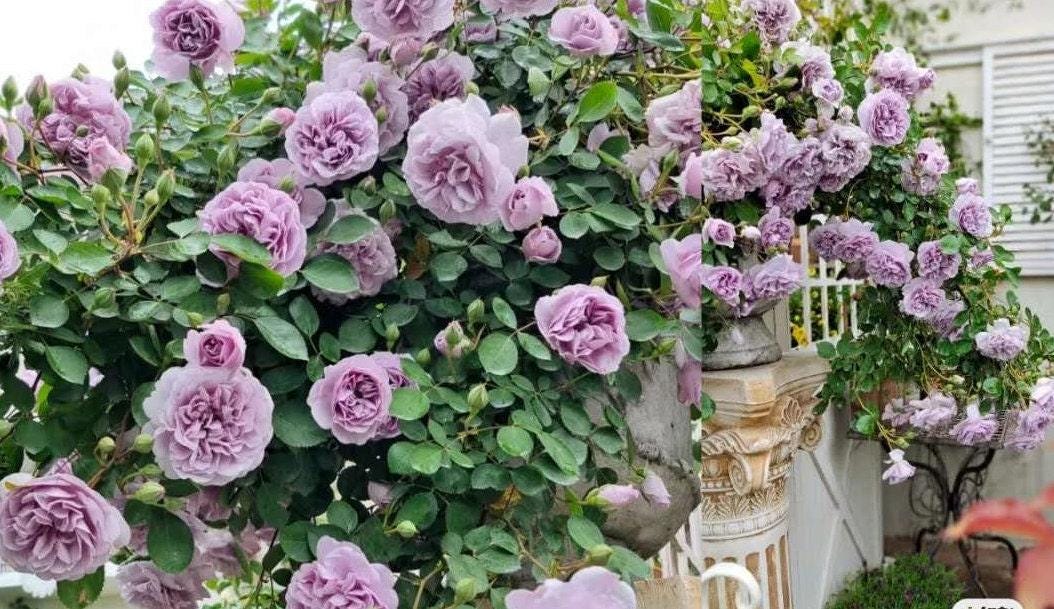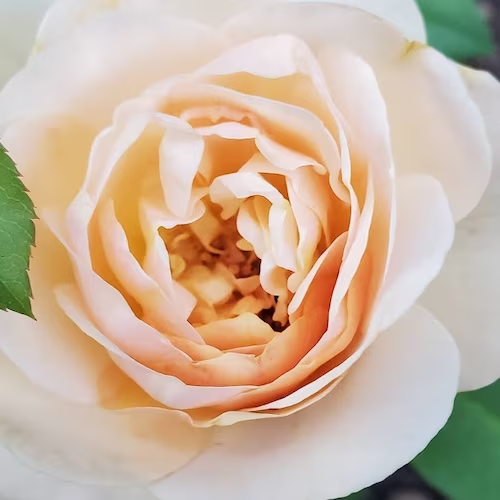Rose 'Rainy Blue' (蓝色阴雨) (2 Gallon+)
Rose 'Rainy Blue' (蓝色阴雨) (2 Gallon+)
Couldn't load pickup availability
🌱 Bare Root Shipping Only: Plants are shipped without foilage, in bare root form. Each plant is approximately 10" tall, though it may be trimmed shorter to ensure safe delivery.
🚚 Shipping Schedule: Orders are sent within a month of ordering.
⚠️ Weather Advisory: Please be aware of the weather conditions in your area. We cannot be held responsible for any damage caused by extreme weather or mishandling during transit.
📸 Damage Claims: If your plant arrives with significant damage (more than just broken leaves), please send photos of the shipping box and the damaged plant within 72 hours of delivery. If the damage qualifies, we will issue a replacement or store credit.
❗ Claims made after the 72-hour window will not be eligible for replacement or credit. Thank you for your understanding.
🪴 If your plant does not survive, please contact us.
_
Planting Instructions
Soil Preparation: Optimal soil for roses is loose, well-draining, and nutrient-rich. A suitable soil mixture could comprise 40% peat moss, 20% coconut fiber, and 40% garden soil. Using 100% peat moss can also work.
Light Requirement: Roses thrive in abundant sunlight, needing a minimum of 6 hours of direct light daily. Inadequate sunlight may lead to poor blooming or irregular flower development.
Temperature Considerations: Roses prefer a moderate climate with temperatures ranging from 64°F (18°C) - (82°F) 28°C. Extreme heat above 91°F (33°C) can hinder their growth. During periods of intense sunlight and high temperatures, provide shade, especially around midday.
Watering and Fertilization: Ensure regular watering while avoiding overwatering, as excess moisture can be detrimental. When planting, incorporate organic sheep manure as a base fertilizer. For ongoing nourishment, apply a light water-soluble fertilizer weekly, suitable for all stages of rose growth.
Pruning Guidelines: Maintain roses through regular pruning to promote healthy growth. Remove diseased, dead, thin, dense, or excessively long branches, as well as spent flowers. When eliminating old branches, cut them off at the base for optimal results.
Share






